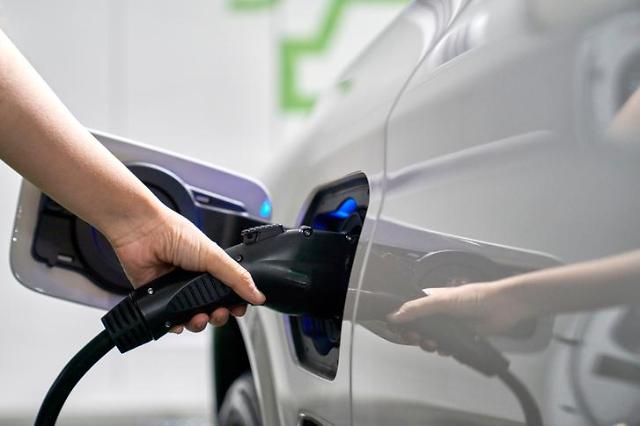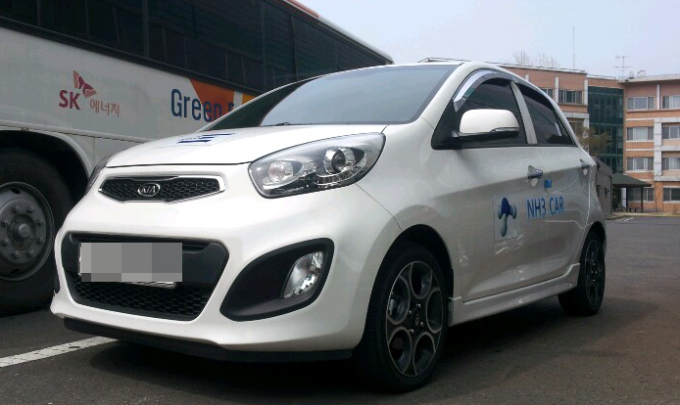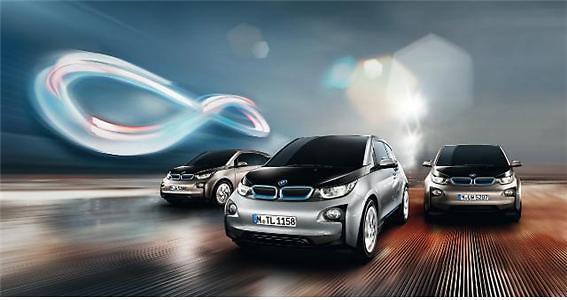
[Gettyimages Bank]
The ministry said February 9 that the investments will be injected into 311 projects ranging from research and development to infrastructure building and manpower training.
About 229.3 billion won will be set aside for technology development for eco-friendly cars such as electric vehicles and hydrogen-powered automobiles, while 138.3 billion won will be spent on self-driving technology and related digital transition.
In addition, the ministry plans to invest 100.3 billion won in infrastructure building and commercialization of future cars, and 31.5 billion won in training experts.
For the development of eco-friendly cars, the government will focus on raising the driving distance, charging speed and durability of electric vehicles and hydrogen automobiles. It also plans to help companies develop technology to improve the fuel efficiency of fossil fuel vehicles in a bid to move toward carbon neutrality.
Besides, the ministry has decided to secure technologies for sensors, cameras and other core parts for self-driving vehicles which are expected to be commercialized in 2027. At the same time, it will start establishing a data base for digital transition and creating a new mobility industry.
The ministry's move came amid brisk exports of eco-friendly cars. The country's shipments of those vehicles jumped 13.3 percent year-on-year to 2.31 million units in 2022, according to official data. The value of the exports was estimated at $54.1 billion won, up from $46.47 billion in 2021.
The government is also seeking to propose a special bill to support future car development and provide more tax incentives, while pushing for deregulation.
Copyright ⓒ Aju Press All rights reserved.



View more comments